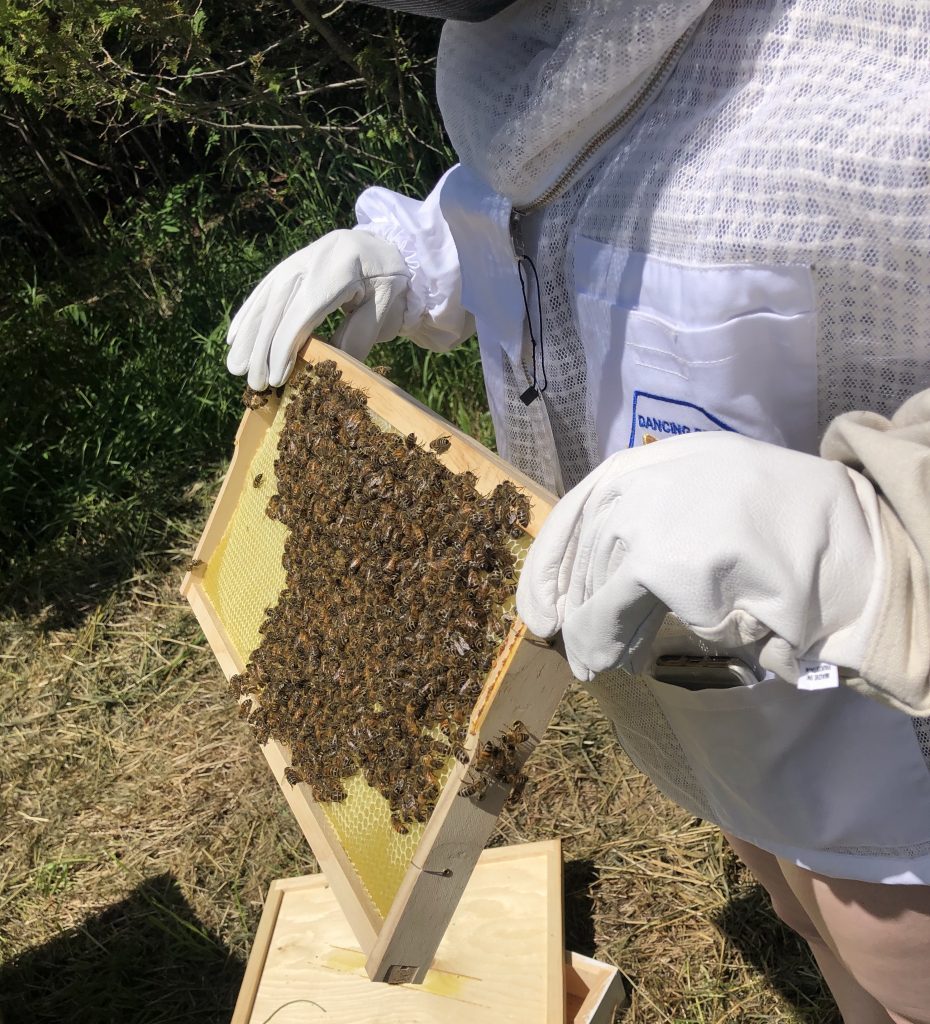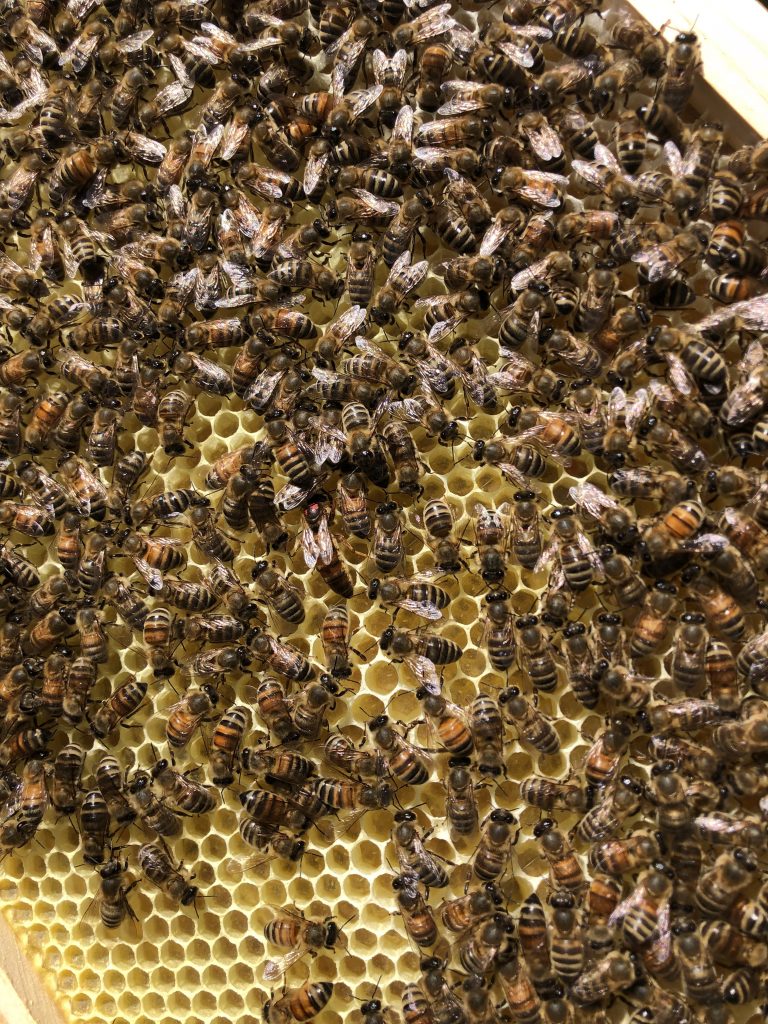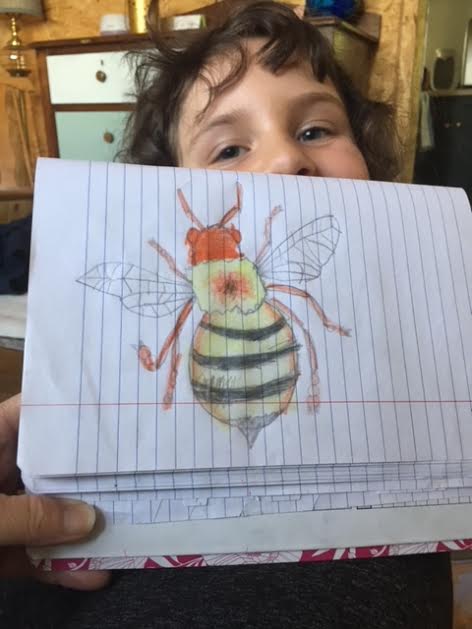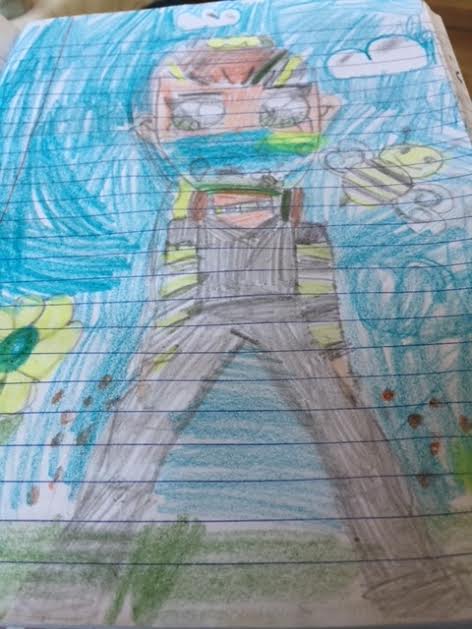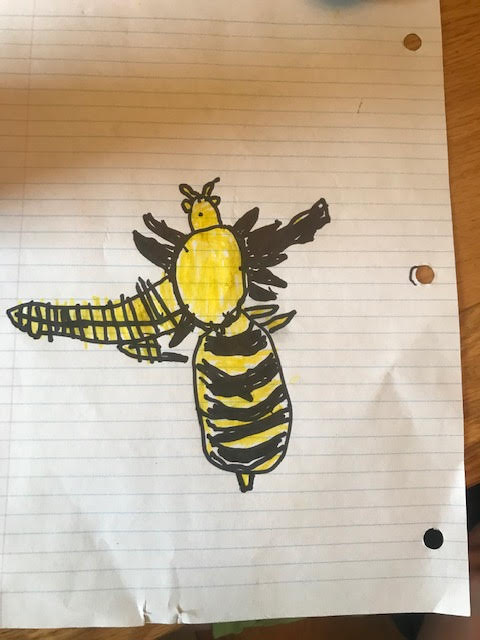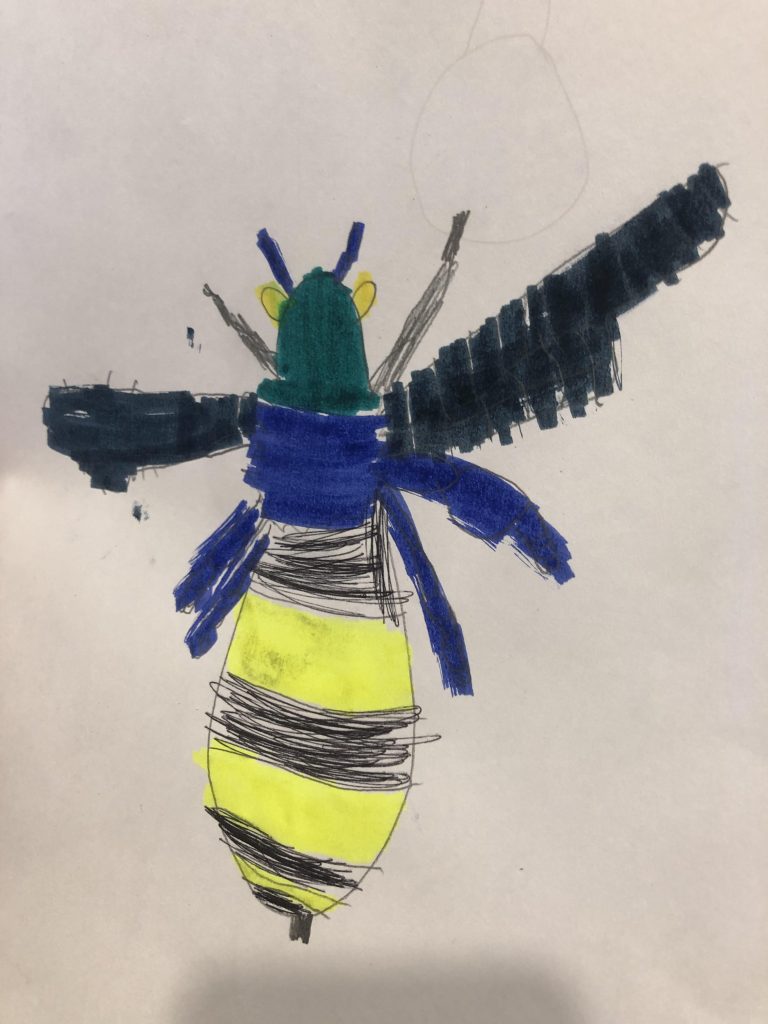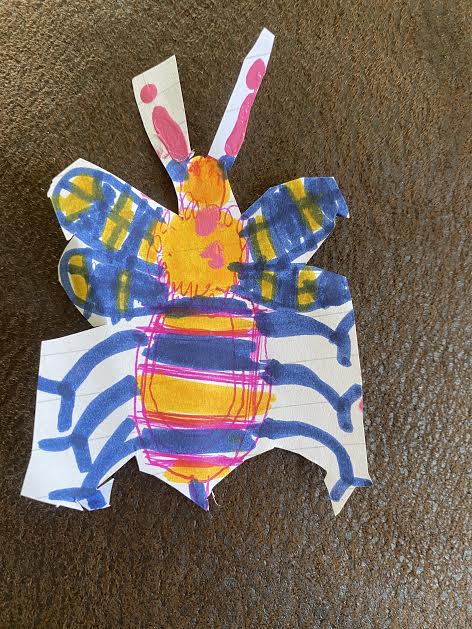What’s happening in Rainbow Schools?
May 20: Rainbow Schools challenged to protect the pollinators for World Bee Day
World Bee Day takes place on Thursday, May 20, 2021 and staff and students in Rainbow Schools have been challenged to protect the pollinators.
United Nations declared World Bee Day to strengthen the protection and existence of bees and other pollinators, helping to improve global food supply and eliminate hunger in developing countries.
A pollinator is known as any animal that helps to fertilize flowering plants including butterflies, moths, beetles and bees. Some 75 to 90 percent of flowering plants worldwide depend on pollinators for their survival.
In Indigenous culture, the month of May represents Nimebine Giizis – Sucker Moon – also known as Waawaaskoni Giizis – Flower Moon. It’s a time when plants display the spirit of life for the world to embrace, the trees begin to sprout their leaves and flowers begin to bloom.
“In Rainbow Schools, we foster a culture of conservation, by encouraging eco-friendly practices and developing global citizens who care about the world in which they live,” says Director of Education Norm Blaseg. “It’s important to reflect on how our behaviours affect the environment and its living species each and every day.”
For World Bee Day, students will enjoy a read aloud of the Ojibwe legend “How the Bees Got Their Stingers” by Mary Lou Fox and Alex Fox, and illustrated by Gordie Odjig. An original copy was kindly provided by the Ojibwe Cultural Foundation. Students may also be asked to write about the moral of the story.
Last month, in an effort to honour Shkagamikwe – Mother Earth – teachers, students and families were given wildflower seeds to plant in benefit of the bees – “aamook”.
Giving respect and consideration to local bee populations might include planting wildflowers, growing your lawn to spawn dandelions, avoiding pesticides, herbicides and black cloth in gardens, sponsoring a beehive, constructing a wooden bee house or bee water fountain, and taking time to spread awareness.
The Board’s Environmental Committee issues monthly challenges throughout the year.
What will next month’s challenge be?
-30-
Media Contact:
Nicole Charette, Senior Advisor
Corporate Communications and Strategic Planning
Rainbow District School Board, 705-674-3171 ext. 7217
Photos: Grade 12 science students at Manitoulin Secondary School explore the bee colonies in the MSS apiary.

 Translate
Translate